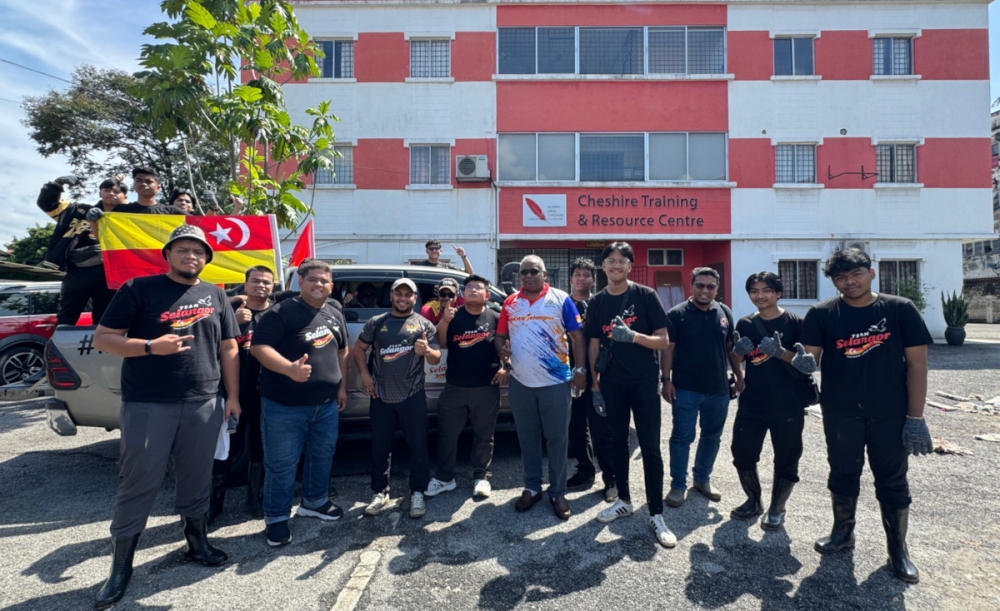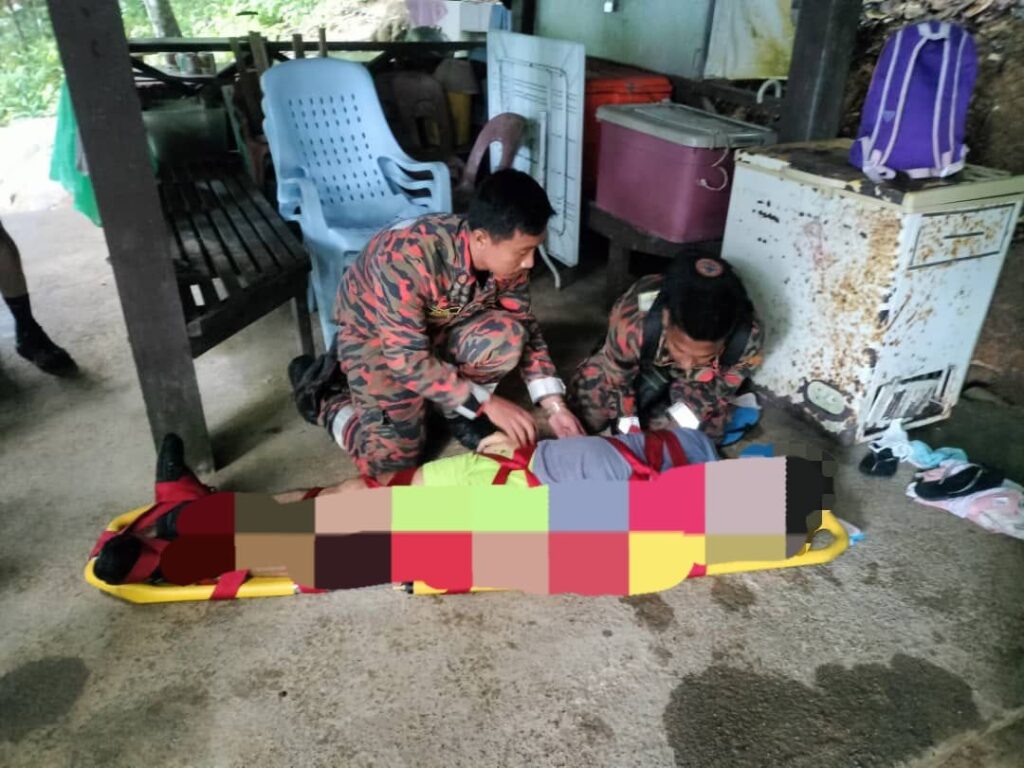JULY 25 — When a flood hits, it is often not the uniformed officials who arrive first. It’s the volunteers — teenagers with towels over their shoulders, students with stacks of packed meals, neighbours with fishing boats turned rescue crafts.
In quiet corners of disaster zones, under bridges and inside school halls, you’ll find them: the invisible hands that move faster than any formal system ever could.
I’ve seen this too many times to call it coincidence. It is not a one-off act of kindness. It’s a pattern. And like all patterns, it points to something deeper — a system that exists, but one that we’ve never truly invested in.
As Malaysia prepares to table the 13th Malaysia Plan (RMK-13), we’re once again talking about infrastructure, digitalisation, resilience, and inclusion. But if we’re serious about building a country that can withstand future shocks — whether economic, environmental or social — then we need to include something we’ve long overlooked:
Empathy. As an infrastructure.
The work of volunteers is often seen as meaningful but peripheral — something encouraged, but not yet fully embedded into how we plan for national resilience.
To be fair, programmes like MyCorps (under KBS) and Yayasan Sukarelawan Siswa (YSS, under KPT) have created valuable pathways for youth participation. But they remain siloed within ministries and often limited in scale or continuity.
What we still lack is a whole-of-nation approach — one that recognises volunteerism not just as commendable, but essential; not just as response, but as readiness.
If we can build highways to connect towns, surely we can build structures that connect people with purpose.
What’s missing right now
There is currently no centralised system for volunteer registration, coordination, or training in Malaysia. If you want to start a grassroots initiative or join one, you often rely on informal networks — WhatsApp groups, social media, word of mouth.
While these channels work during peacetime, they falter in moments of crisis. Worse still, they exclude those without access to the right digital or social capital.
Volunteers are often trained informally, if at all. Many youth-led movements are born from urgency, not long-term planning. They rise quickly — and burn out just as fast.
There are no structured mentorships, few cross-sector collaborations, and even fewer mechanisms to sustain these efforts beyond the immediate moment.
We don’t ask enough: what happens after the flood? After the media leaves? After the final aid package is delivered?
The next Malaysia Plan presents a golden opportunity. If RMK-13 is meant to prepare us for the uncertainties of the next five years, then we cannot afford to exclude volunteerism from the national blueprint.
I propose three urgent shifts:
1. A national volunteer infrastructure plan.
This includes a centralised, accessible platform to register, train, match, and deploy volunteers across causes and regions — a digital ecosystem as reliable as any government database.
2. Incentivise and recognise.
Offer micro-credentials, university credits, even modest allowances for verified volunteer hours. Recognise volunteerism as part of formal learning and employment pathways. Make it easier for employers to value community work as real-world experience — because it is.
3. Cross-ministry integration.
Volunteerism should not be parked under a single ministry. It should be embedded into the KPIs of multiple agencies — from Health and Education to NADMA and Local Government — so that collaboration becomes systemic, not ad hoc.
This is not about turning volunteers into bureaucrats. It’s about ensuring that their energy is not wasted. That the next time a crisis hits, they don’t have to start from scratch. That care work — emotional, logistical, social — is finally seen as nation-building work.
A more caring Malaysia starts here
We already have the spirit. Anyone who has worked with Team Selangor or similar youth movements knows this: the will to serve is alive and well. But spirit alone is not enough. Not when it’s unsupported. Not when it’s unsustained.
The truth is, we can’t keep relying on people’s goodwill while giving them so little in return. We say we want empowered citizens. We say we want young people to step up. But when they do, we give them applause — and little else.
If RMK-13 can fund highways and smart grids and industrial parks, surely it can also invest in something far more human. A system that supports those who show up not because they’re paid, but because they care.
Empathy doesn’t need to be the opposite of efficiency. In fact, when properly structured, it can be our most resilient form of infrastructure.
Let’s not waste another five years pretending otherwise.
* The author is Treasurer of Bersih, and COO of Team Selangor. Team Selangor is an outfit under the YAB Menteri Besar’s office focusing on youth empowerment and volunteerism.
** This is the personal opinion of the writer or publication and does not necessarily represent the views of Malay Mail







